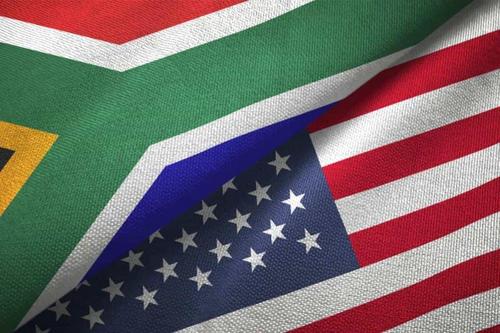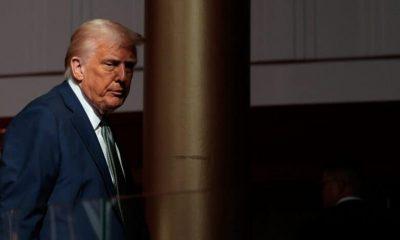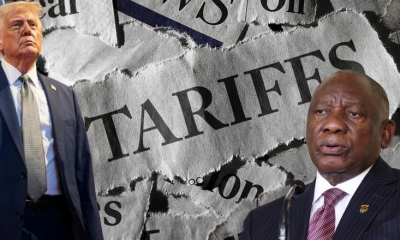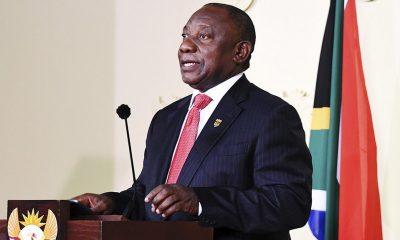Opinion
What US Sanctions Could Mean for South Africa’s Trade, BRICS Ties and Agoa Future

As U.S. lawmakers push forward with a bill to sanction top South African and ANC officials, analysts are warning of serious trade and diplomatic fallout—with America’s economic ties to South Africa now hanging in the balance.
The US-South Africa Bilateral Relations Review Act of 2025, spearheaded by Congressman Ronny Jackson, threatens not just political isolation but a ripple effect that could impact trade agreements, investor sentiment, and South Africa’s position in global supply chains.
Is Agoa at Risk?
South Africa currently benefits from the African Growth and Opportunity Act (Agoa), a preferential trade deal that allows thousands of South African goods duty-free access to the U.S. market. This includes key exports like:
-
Vehicles and auto parts
-
Citrus fruits
-
Metals and minerals
-
Wine and textiles
But Agoa is up for renewal in 2025, and the introduction of this sanctions bill—combined with growing U.S. concern over South Africa’s ties to Russia, China, and Iran—could jeopardize South Africa’s eligibility.
“A review of the entire U.S.-South Africa relationship could lead to suspension from Agoa, which would hit jobs, exports and investor confidence hard,” said an international trade analyst.
A Push Toward the East?
While the U.S. may be preparing to distance itself, South Africa has already been deepening ties with BRICS partners, particularly China and Russia.
In 2023 and 2024, the country:
-
Hosted the BRICS Summit with expanded participation.
-
Signed new trade and infrastructure deals with Beijing.
-
Increased energy and defense cooperation with Moscow.
If Washington follows through on sanctions and cuts trade privileges, South Africa could pivot further toward BRICS-aligned economies like:
-
India
-
United Arab Emirates
-
Iran
-
Saudi Arabia
-
China and Russia
Could the Sanctions Backfire?
Analysts note that sanctions targeting individuals may not immediately affect trade—but the symbolic impact is powerful. It sends a message to U.S. companies, investors and banks to be cautious about doing business with a country seen as “adversarial.”
“Even if sanctions start with individuals, they can escalate quickly into trade and investment barriers,” warned a regional economist.
South African companies that rely on U.S. capital markets, partnerships or exports may face:
-
Tighter scrutiny
-
Reputational damage
-
Funding challenges
What’s Next?
While the bill has not passed yet, the debate it sparks could shape the tone of U.S.-Africa relations under Trump’s new administration. South Africa now finds itself caught between competing global powers, trying to balance historic Western ties with its increasingly assertive BRICS partnerships.
The real question may not be whether South Africa gets sanctioned—but how it adapts its trade and foreign policy to navigate the geopolitical shifts ahead.
Follow Joburg ETC on Facebook, Twitter , TikTok and Instagram
For more News in Johannesburg, visit joburgetc.com



























